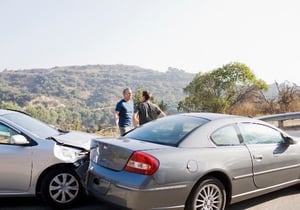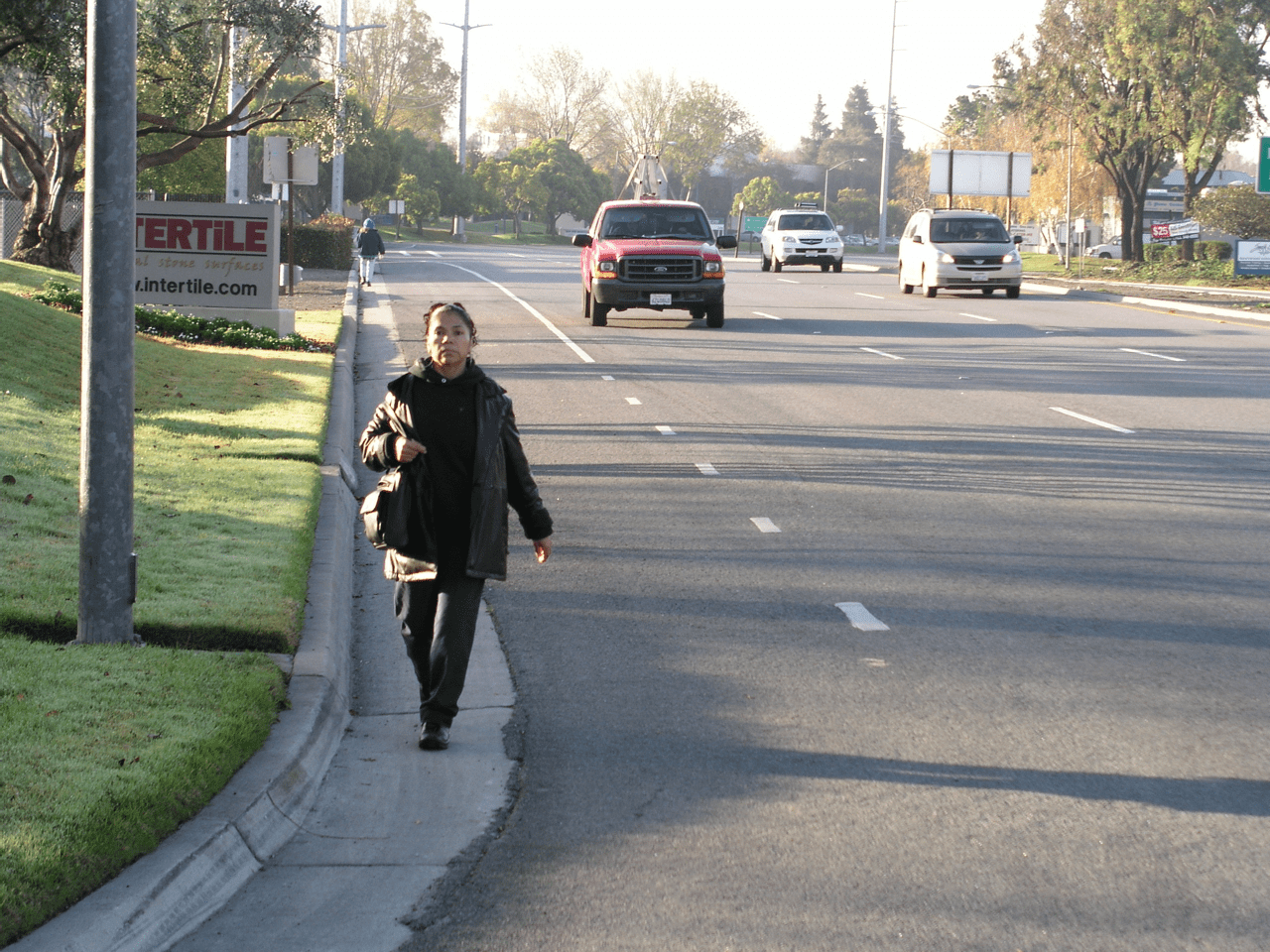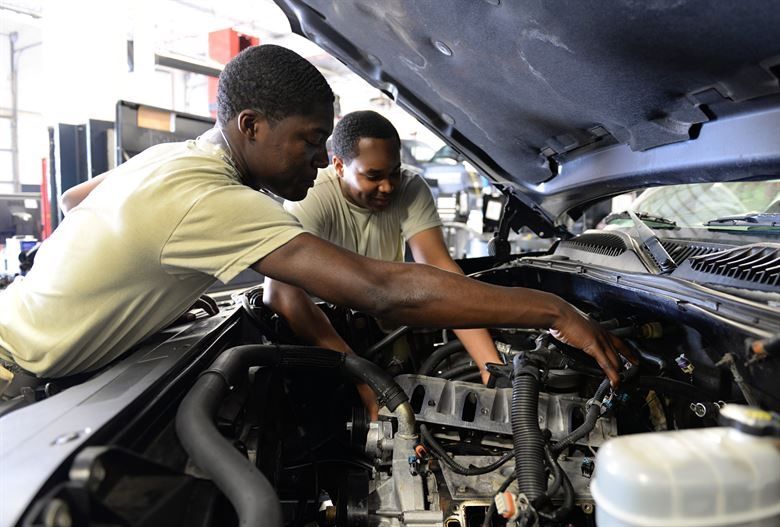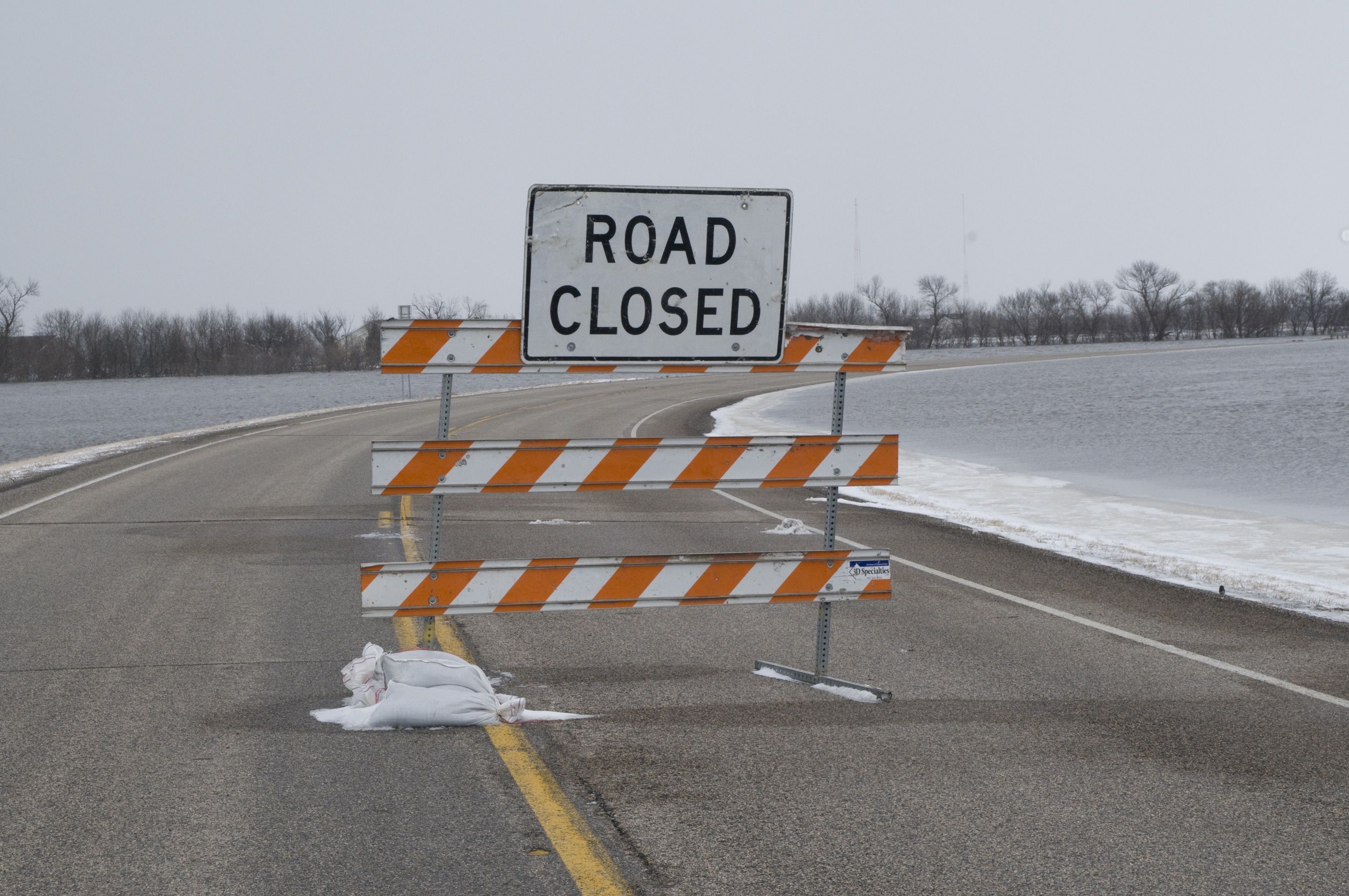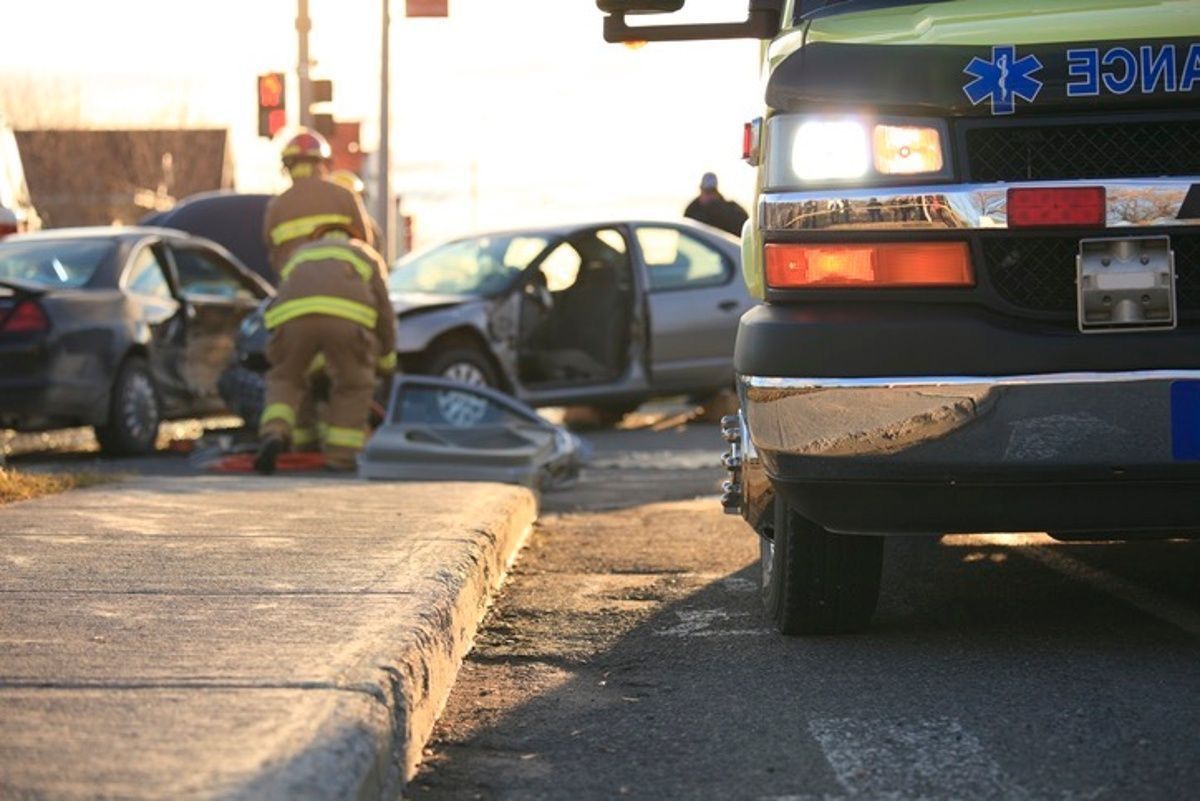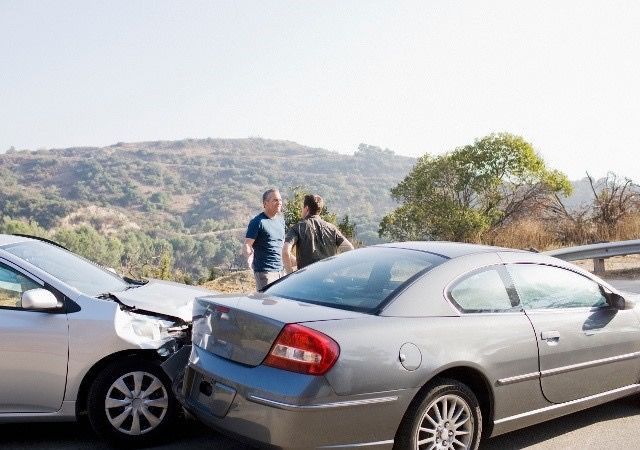
Article Table of Contents
Change Gears to Car Safety
One of the most common ailments that chiropractic caregivers deal with is whiplash.
To put it simply whiplash is what occurs when the neck is hyperextended.
This can occur when a body is brought to a sudden stop but the head and neck keeps going, thus stretching the neck.
Symptoms often do not occur until several hours after the incident or perhaps the following morning.
Most people associate whiplash with automobile accidents.
Specifically with minor incidents such as getting rear ended.
As far as injuries go, whiplash is often times not very severe.
It often resolves itself with very little medical attention.
However, here at Arrowhead Clinic Duluth we want all of our citizens to be safe behind the wheel of a car.
It’s better to not get whiplash than it is to be able to treat it effectively.
As a result we have compiled a brief list of seven tips for driving safely.
1. Wear Your Seatbelts
This seams like an obvious one, but it is by far one of the most important aspects of automobile safety.
It is a common misconception that it is actually safer to be thrown from the car as opposed to being strapped inside of it.
This is altogether false.
The seatbelt is designed to work with the airbags to extend the amount of ones impact time thereby lessoning the intensity of the actually impact.
If you are thrown from the car there is nothing to slow down your impact time.
If you manage to stay in the car, you are also running the risk of colliding with the steering wheel at full impact if the air bags do not deploy.
Seatbelts save lives, use them!
2. Be Aware of Your Surroundings
You could be the safest driver in the world, but that will not guarantee your safety behind the wheel of the car.
There are countless outside variables that could greatly affect your ability to arrive at your destination safely.
You always need to be aware of various environmental factors, of pedestrians and of other drivers.
You can not see these occurrences if you are not watching.
While driving, give the road your entire attention.
This means do not scroll through radio channels, do not linger on your climate settings, and do not text and drive.
Seconds can make the difference between arriving safely and a lifetime of suffering.
3. Maintain Your Car
There are plenty of hazards within ones control that can make the difference between a safe drive and an accident.
Many potential incidents can be avoided simply by being a qualified and responsible driver.
However, there are some dangers that might occur that even a good driver cannot fix.
There is nothing one can do if his brakes suddenly give out on a steep incline.
An ounce of prevention is worth a pound of cure.
Please ensure that your vehicle is in good repair before you take it out on the road.
You can do this by taking your car to the mechanic regularly, or if you know how, by performing maintenance yourself.
Do not leave something as important as your life and the lives of others up to a chance mechanical failure.
4. Understand Your Car
This is another tip that may seem obvious but could potentially save lives.
You need to fully understand your vehicle in order to operate it in a satisfactorily manner.
This means everything from knowing where the gearshift is to knowing how to operate the headlights.
This also means being aware of the way the car drives.
All cars drive differently from each other.
An SUV is going to handle very differently from a sedan.
If you are driving a different car than usual, at least take the time to take it for a test drive in a safe area before going out on the road with other people.
An emergency is never a good place to learn.
Know everything there is to know about your vehicle before taking it on the road.
You never know what information might end up saving your life.
5. Follow the Rules of the Road
If you’re following the rules you are more than likely to remain safe.
However, this means following all the rules of traffic and not just the ones that are convenient at the moment.
Speed limits are posted for a reason, obey them.
Yield signs often prevent horrific accidents by prompting the driver to remain vigilant.
Stop signs are never optional, and neither are traffic lights.
These are only a few of the necessary rules one must follow in order to keep themselves and others from injury.
If you find you do not feel adequately versed on different traffic laws, perhaps enrolling in a drivers education course would be beneficial to your understanding of the proper operation of an automobile.
There is also an extensive amount of information on the Internet about driving safely.
6. Do Not Use Your Car Impaired
If you’re not able to drive carefully and in a way that keeps you and everyone else from being injured it is your responsibility to refrain from driving.
This is the case no matter the inconvenience.
This of course refers to the obvious impediments that we think of when driving irresponsibly.
If have been partaking in alcoholic beverages or other substances that affect your mental capabilities, do not drive.
Wait until the various effects have worn off to a point that you will guaranteed be able to operate a multiple ton piece of machinery.
However, substances are not the only elements that can affect ones ability to drive safely.
Driving tired is just as dangerous as driving under the influence.
Also if you need contacts or prescription lenses to see, never drive without them.
Having to abstain from driving under these conditions is definitely inconvenient.
However, this inconvenience could potentially save not only your life but the lives of those around you.
7. Be Prepared to Respond
Unfortunately, no matter how careful one is, accidents will occur.
Sometimes as a result of factors beyond ones control, sometimes one is directly at fault.
However, after an accident it is a moot point.
You can’t change what has happened.
The only thing left to do is respond.
Keeping an emergency first aid kit in ones car is a strong way to be prepared for an accident.
Another way one can respond after an accident is to keep their cellphone fully charged to call for emergency assistance.
Sometimes all you can do in an emergency is respond well.
Another appropriate and sometimes vital response is to followup after the incident with a visit to a medical professional.
If you find yourself in an accident come visit us at Arrowhead Clinic Duluth.
We will give you an accurate and thorough assessment and provide you with the best care available after your car accident.


